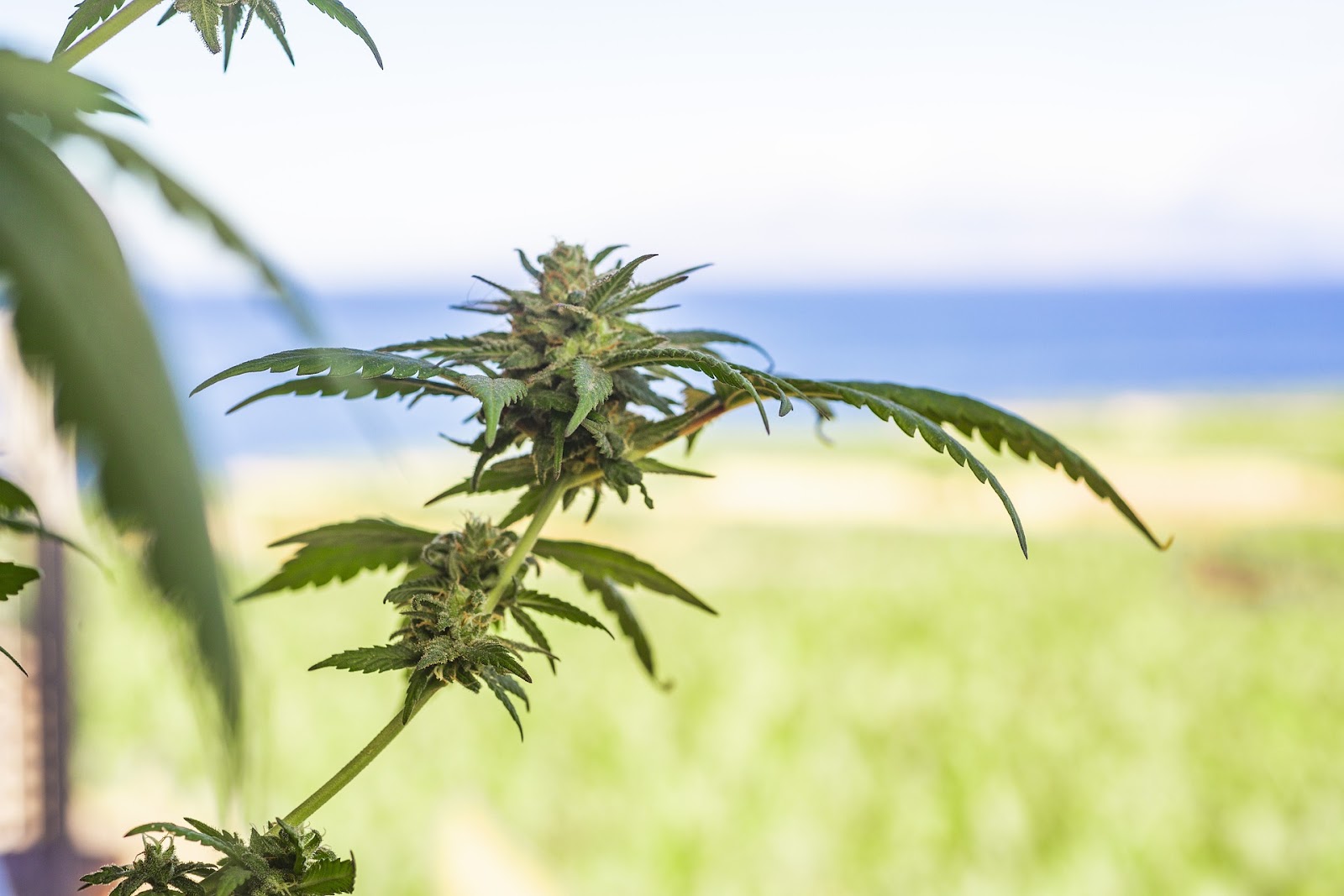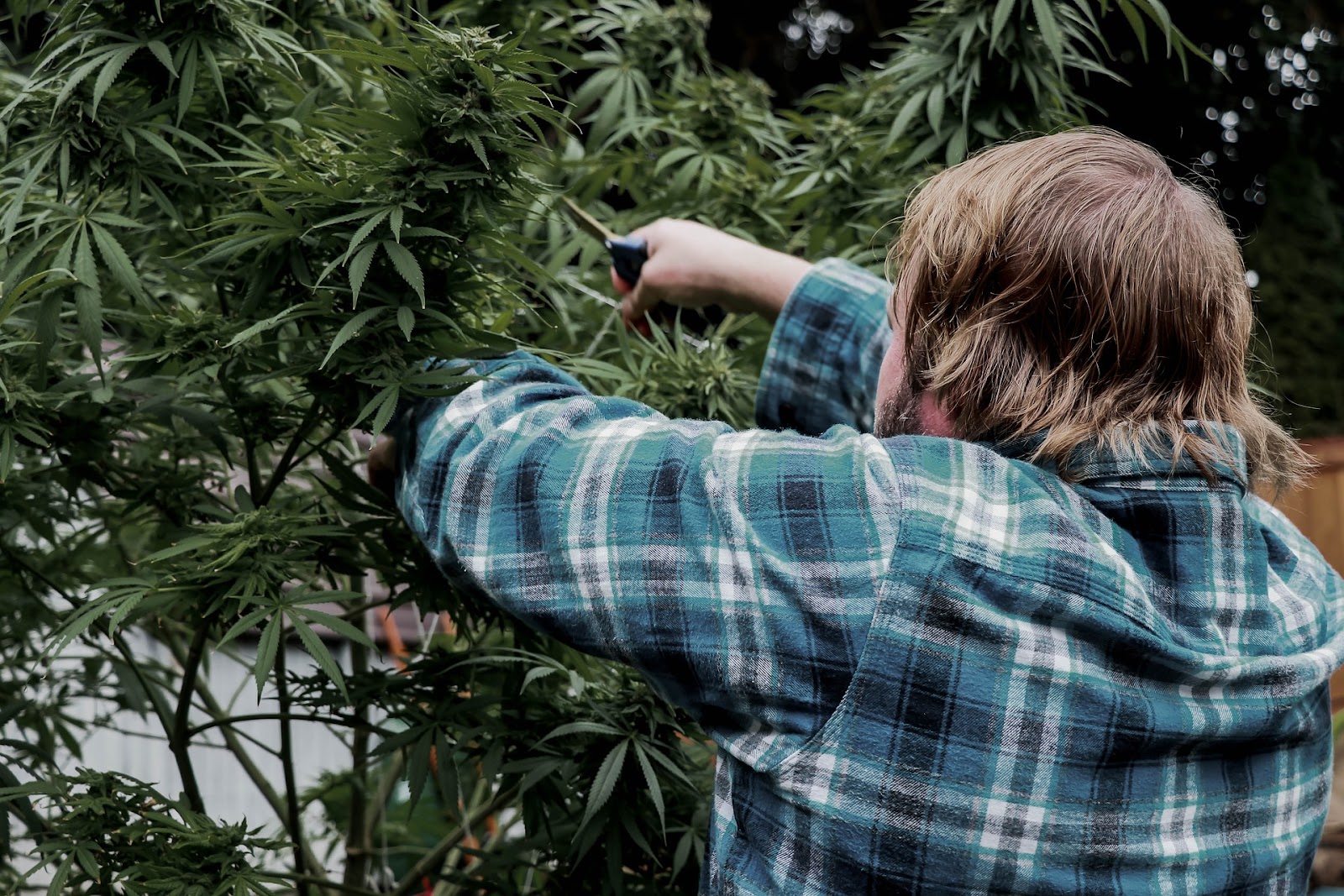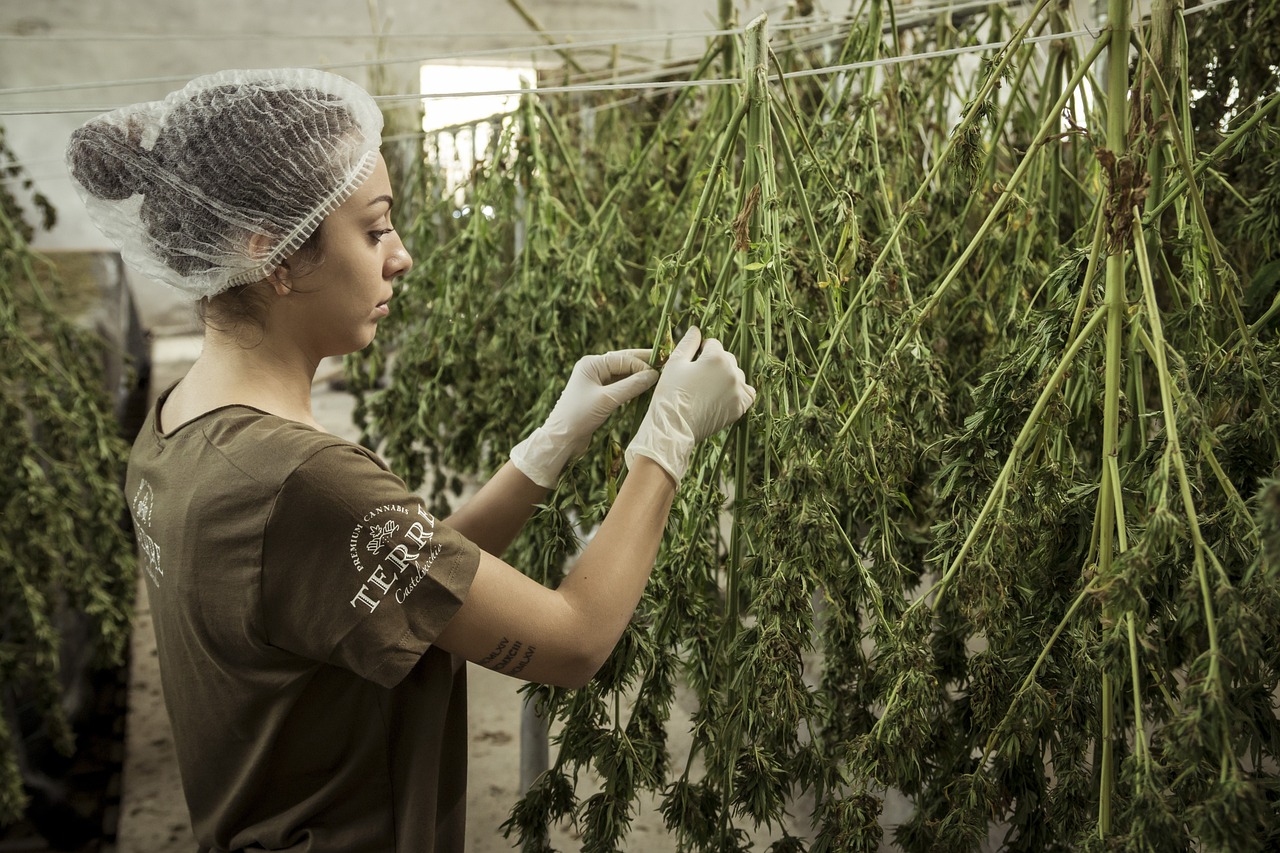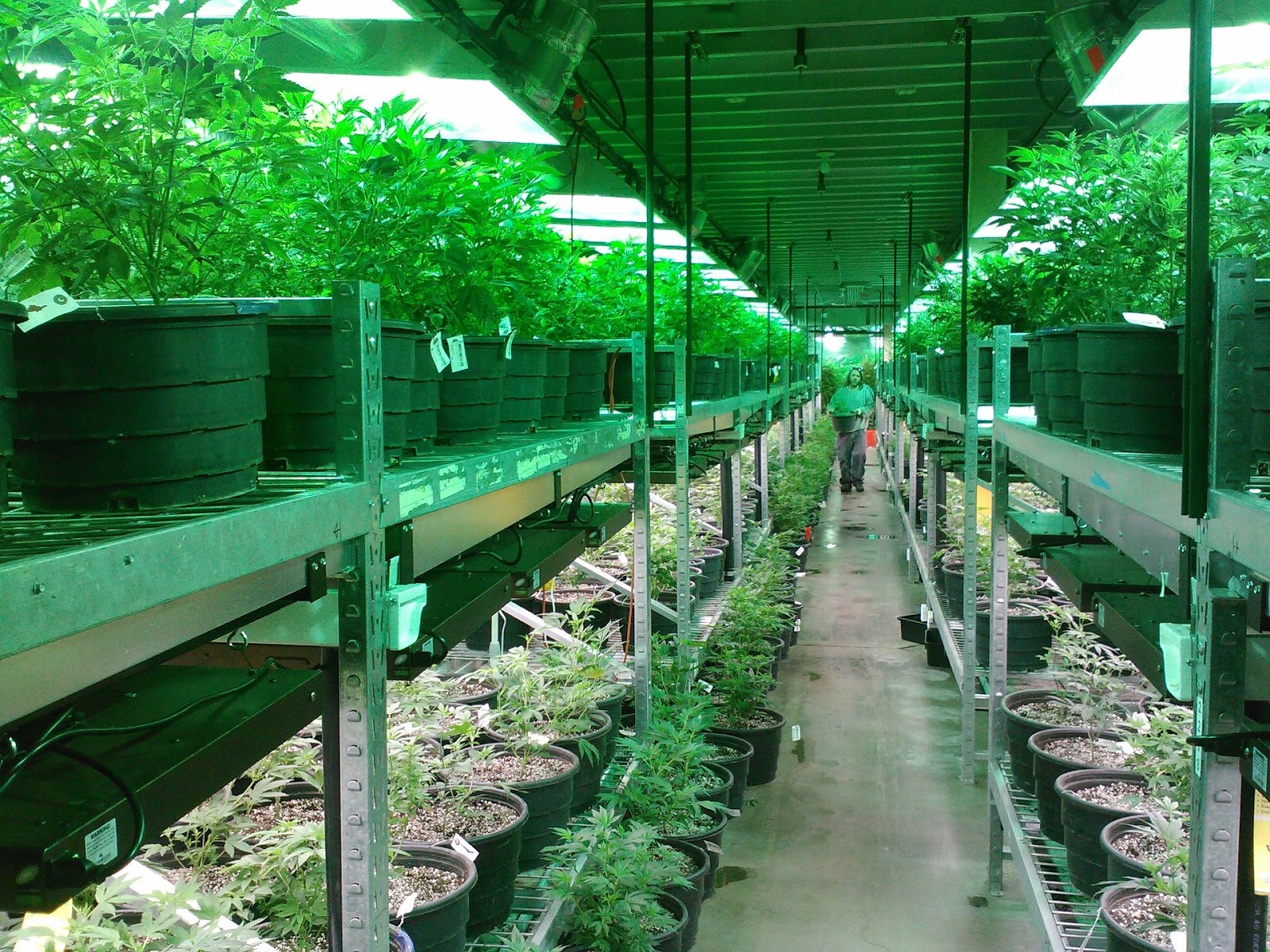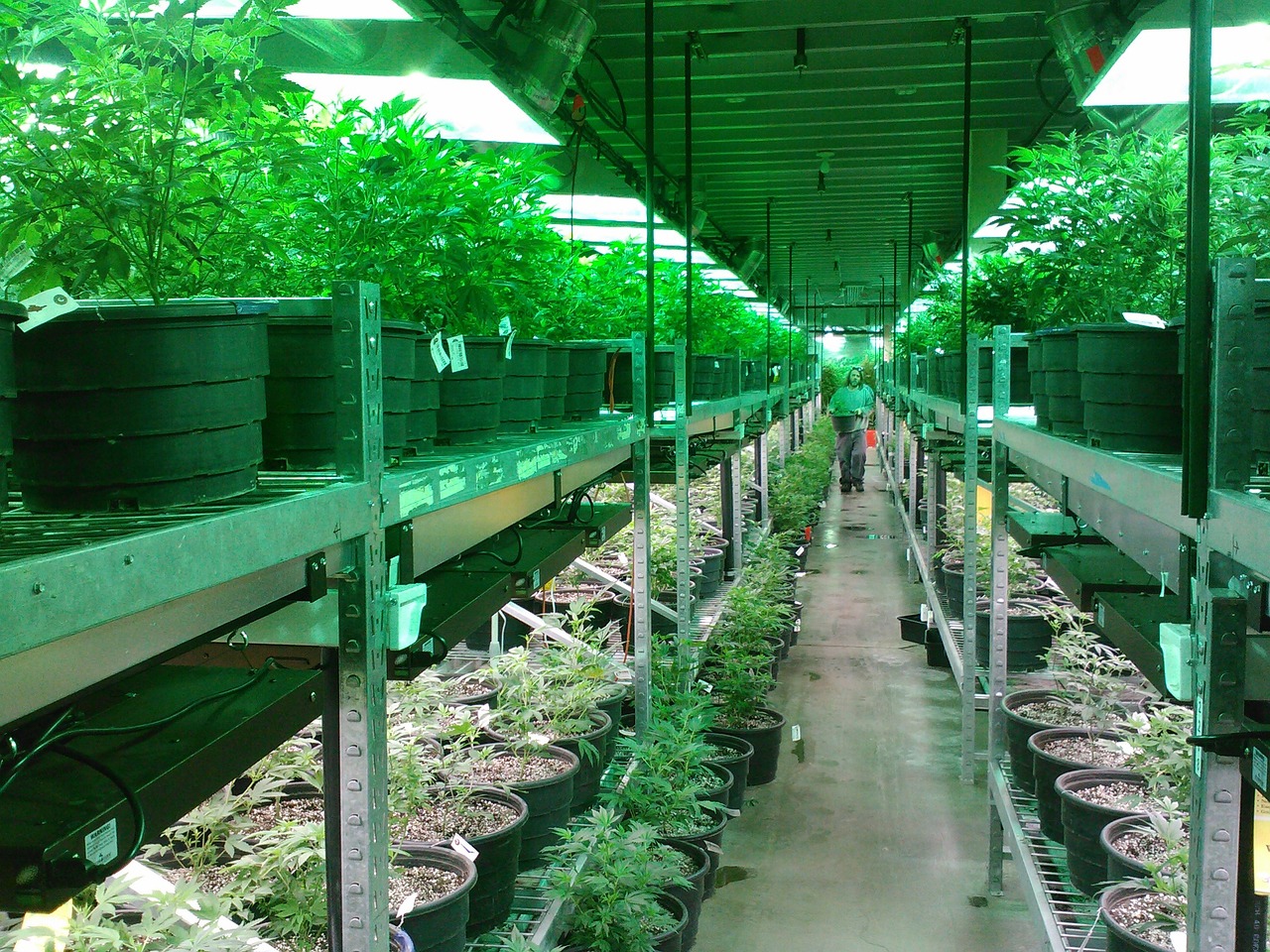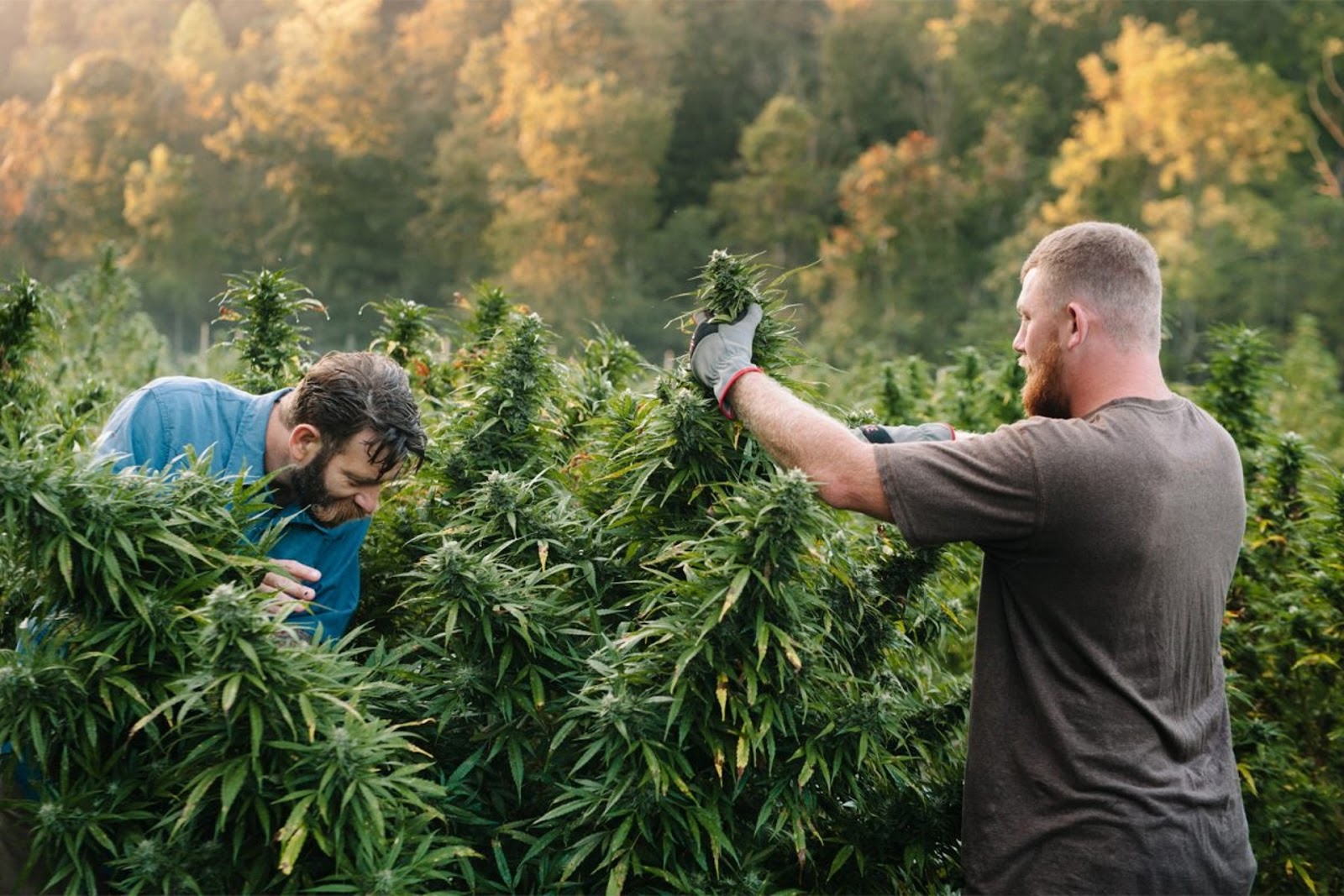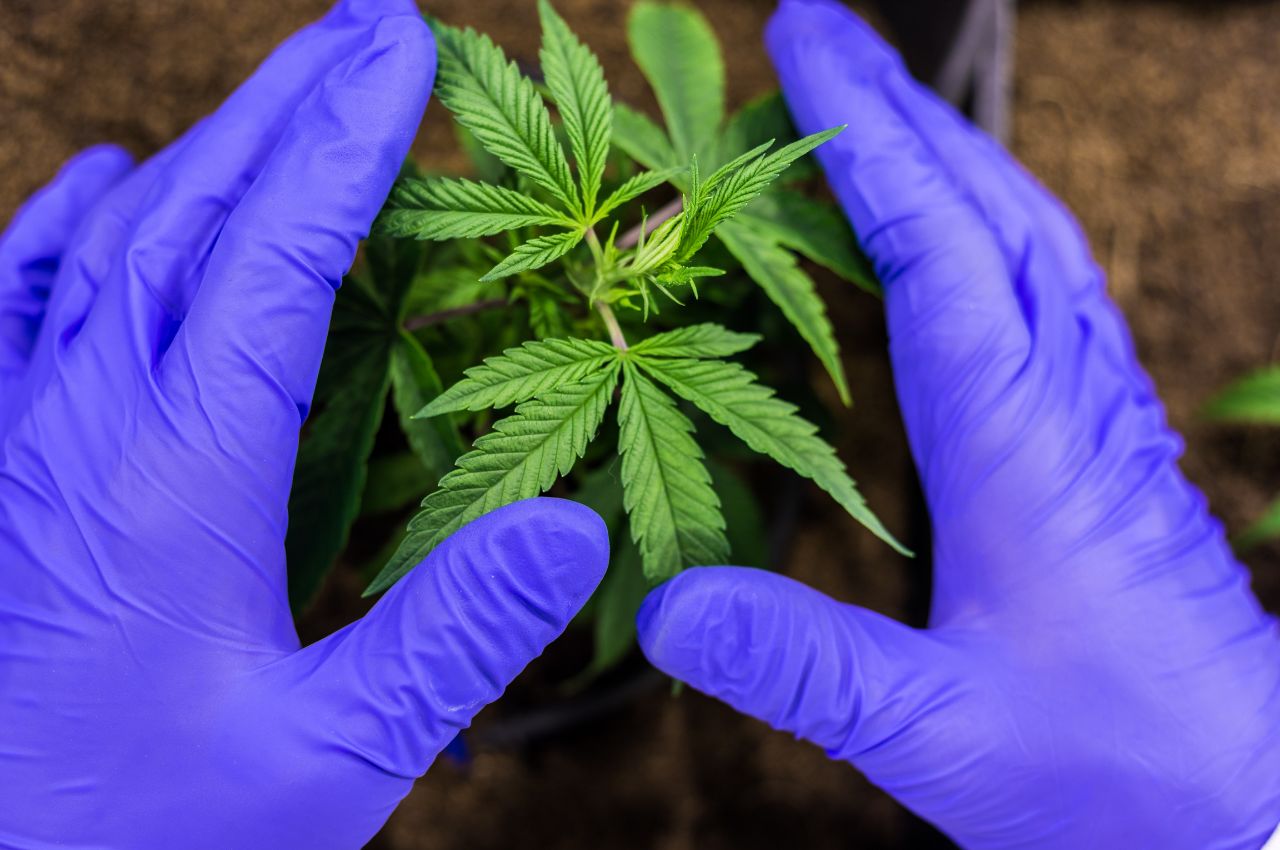The cannabis industry in Oregon, citing oversaturation, has asked the state to place a permanent restriction on the number of new businesses that can farm, process, and sell marijuana. With over three thousand licenses approved by the state, industry leaders say there are far more than their customers require, mainly because Oregon businesses can’t export to other states.
Cannabis Industry Alliance of Oregon board chair Mike Getlin has said, “There are so many businesses competing for the same amount of market share that it’s just not feasible.”
There have been either informal or legislative moratoriums on cannabis business licenses since June 2018, but the state’s current moratorium will expire in April 2024. The Oregon Liquor and Cannabis Commission, in charge of processing applications, has said it does not have the legal grounds to pause licensure of its own volition. The current situation will see new businesses licensed beginning in April.
Getlin calls on state lawmakers to draft a more long-term solution that will expire once Oregon’s population has grown significantly. The specific numbers he has proposed require more than 7.5 thousand smoking-age adults for every license issued or 12.5 thousand for every processing and wholesale license. Oregon is currently well above these thresholds, but businesses could still sell and purchase licenses between one another in the meantime.
This call has been made before. Last year, Oregon’s HB 2515 included this proposal, but it died in committee. Getlin has said he hopes a similar bill will succeed in this year’s legislative session. “What we’re fighting for is not to fix the Oregon system,” he said. “It is simply to not accidentally have a big old knife stuck in its heart.”
During the previous legislative session, there were two cannabis trade organizations active in the state. The Oregon Cannabis Association and the Cannabis Industry Alliance of Oregon agreed in October of 2023 to merge the two organizations, retaining the latter’s name. The decision was unanimous, and the merger was immediate. The previous Cannabis Industry Alliance of Oregon was the product of 2022, a merger of the Oregon Industry Progress Association, the Oregon Retailers of Cannabis Association, and the Farming & Agriculture Rights Management Society (FARMS Inc.).
The continued gathering of collective power among Oregon cannabis organizations is part of the maturation of the still-young industry, which is continuing to grow. Limiting new licenses represents an attempt to self-regulate this growth, as the burgeoning agricultural niche seeks to establish a long-term economic equilibrium.
The proposal would give an advantage to already-established businesses by limiting the number of new competitors. However, it would still be possible for businesses to fold and make room for new companies, which is permitted by the sale and acquisition of existing licenses. Competition in the industry would continue during this period. It is challenging to gauge how long it would take for Oregon’s population to grow sufficiently to allow new licenses to be issued.























































